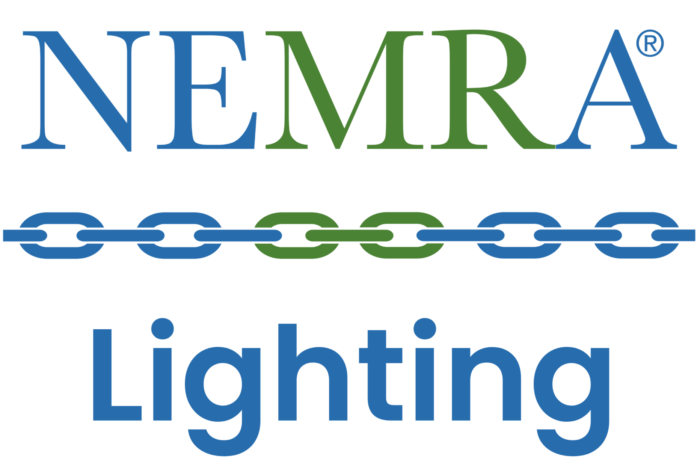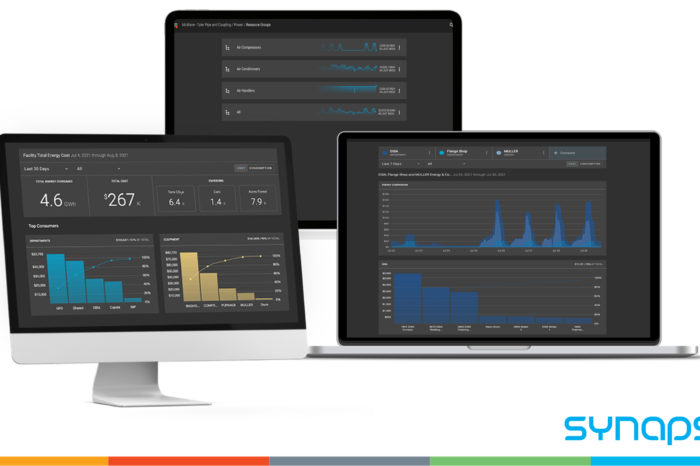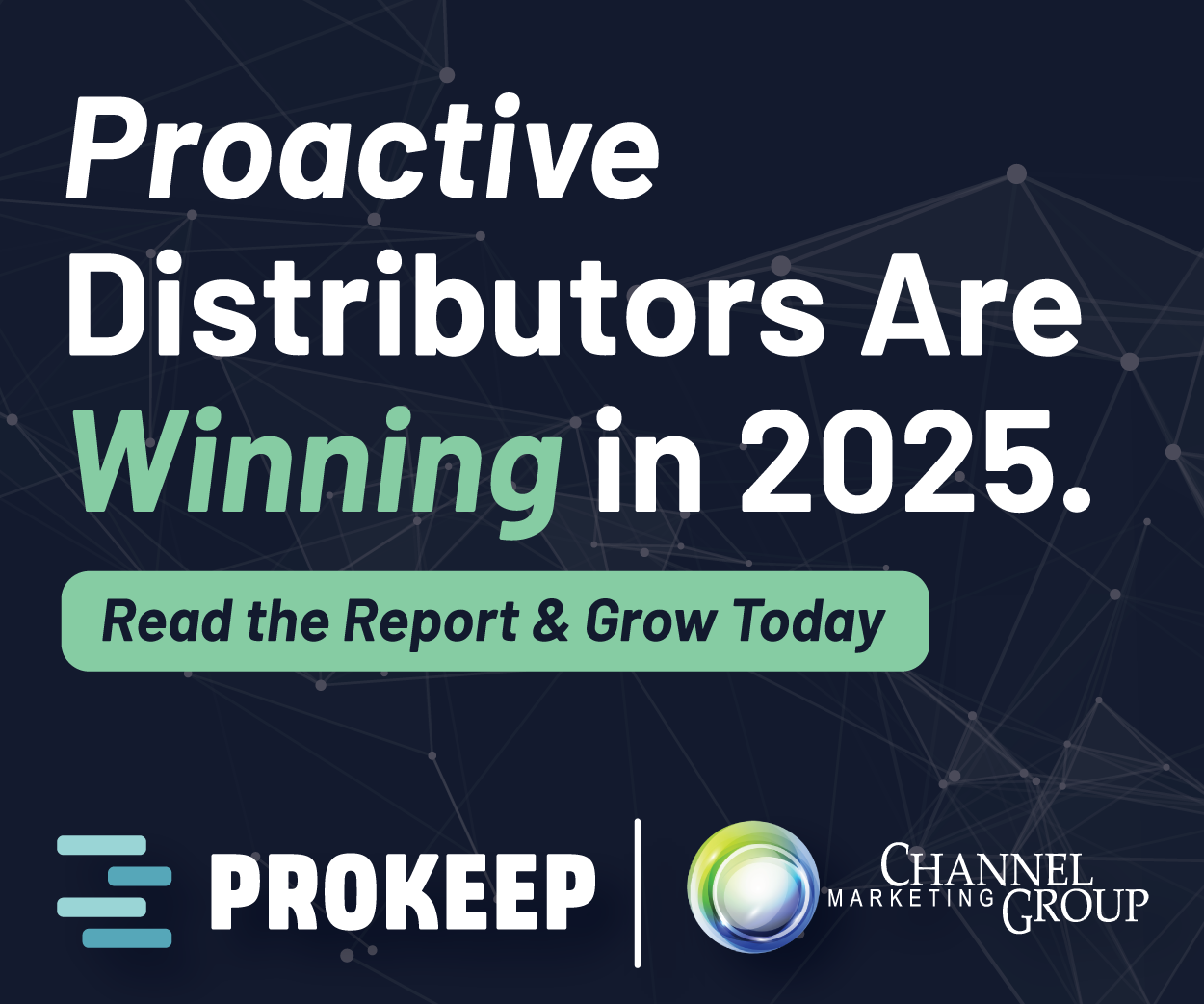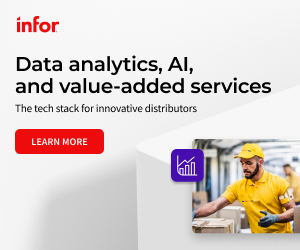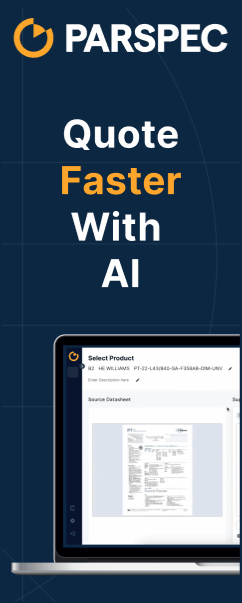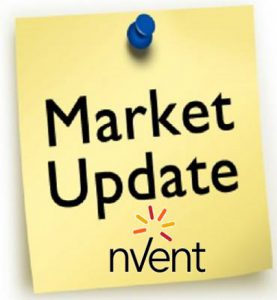“Business Analytics is a Waste” for Selling
Recently I was at a meeting of several manufacturer reps and a couple commented that they were recently in meetings with manufacturers who shared some business analytics. They commented “business analytics is a waste.”

It was a very “direct” remark by individuals who are very successful and knowledgeable.
And whether the audience was manufacturer reps is not the point. It could have been direct salespeople or distributor salespeople.
Their issue was that their manufacturer, with whom they were having a business review, was using business analytics (sometimes with sales management, sometimes with a business analyst presenting) to review their performance and “advise” them on where they should be “seeking opportunities.”
So, being a good consultant, I asked the question of “why”.
They shared some examples, and the end result was that the presenters had used processes to say, “if you sell this, you should sell that”. Essentially a nice formula based upon some historical, macro algorithm that is supposed to be predictive in nature to facilitate cross-selling. Essentially, “fill in the sales hole”.
Conceptually it makes sense, however, this is where business analysis and business analytics diverge.
According to Capella University, which offers a degree in business analytics, “business analytics is data and reporting – analyzing past business performance and predicting future business performance. The focus of business analysis is functions and processes – identifying business needs and recommending solutions.” And we know that there is a myriad of software companies (some say their expertise is in distribution or sales management), “analytics companies”, AI firms, IT departments and yes, even consultants, who espouse business analytics as a way to improve a business. The challenge is the missing element between analytics, analysis and accuracy.
The accuracy isn’t in looking at data. It’s the missing ingredient of intelligence … as in market intelligence.
What the reps were saying is that “while the data is factually correct, the knowledge of the marketplace was missing.” There was no understanding of whom the customer was. An industrial distributor does not have the need to purchase residential products, or, if they do, may already have a relationship with another supplier that has better brand recognition for the offering or a better price point. Or maybe, especially nowadays, the factory is challenged in shipping a particular product?
And it was surprising that the manufacturer’s sales management that was involved in the presentations was not knowledgeable enough about the territory to have reviewed the information prior to the meeting to make the appropriate interpretations.
The end-result is that due to multiple, similar, encounters with the same manufacturer, “the baby gets thrown out with the bath water”, the information gets discounted, and the manufacturer needs to rebuild confidence in this issue to capture the rep’s share of mind in the future. They’ve “tuned out.”
If you are a distributor, you face the same risk with using business analytics with your salespeople. Making inappropriate, and obviously inaccurate, recommendations to your salespeople that you expect them to follow-up on wastes their time and results in losing confidence (trust) in a process that can be valid.
I’ve also heard similar about CRM systems (which inevitably gets to a discussion of “SalesForce”). The issue is not usually about the system, it is about gathering and populating the system (time investment) and, more importantly, utilization of the information in the system. Some companies micro-manage with the information (Big Brother), some seemingly do nothing with it (and yes, some use it effectively. CRM systems, in and of themselves, are nothing but data collection tools. Intelligence needs to be added to them to make them additive to the sales process or informative to other departments. Inevitably personnel need to be assigned to the initiative – they cannot operate in a vacuum.
Software providers who say “predictive analytics can drive you to incrementally better sales results” are solely trying to sell you software where they have no responsibility for the true accuracy of the information … because they are not integrating local intelligence (and it is feasible to make it more appropriate by integrating information about customer profiles into the algorithm.)
Analyzing information is important to identify trends. Analytics can be beneficial in reporting information; however, analytics is not infallible. People, local knowledge, still needs to be valued. This is the intelligence that differentiates good sales managers and good salespeople and drives success.
Automation can improve processes, but it cannot replace all processes. Analytics can guide, but it needs intelligence.
A phrase I use is “Data is helpful. Data aggregated is information. Information analyzed is insight. Insight acted about can be powerful.”



